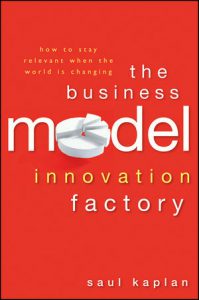Although I love quotes, especially about how to succeed, I love success even more. Do you?
One of my favourite quotes on the topic of success comes from Winston Churchill during his address to the Harrow School (UK) during WWII in 1941. It was one of his shortest speeches but probably one of his most quoted. He said:
“Never give in, never, never, never, never”
If you are interested, you can read his full speech – which is not a lot longer! – here.
Hearing this quote again recently, got me thinking about failure. Failure in our lives, our businesses, our jobs, our relationships. And you must admit that we are just at the beginning of the impact of covid on the world and I know we need to prepare for a lot of failures in the coming months and years. But I ask myself how often we fail merely because we give up too quickly?
Another of my favourite quotes on success and failure comes from Napolean Hill:
“Most great people have achieved their greatest success just one step beyond their greatest failure.”
Now whereas I do advise people today on how to find more happiness in their lives (See my new website on intuitive coaching at Finding-Your-Happy.com), I want to address here the many current and possibly future failures in business.
Another recent post of mine concentrated on why companies fail in their adoption of a customer-first strategy. You can read it here: 7 reasons most companies fail to adopt a customer first strategy. This was a follow up to another popular post on what a customer-first strategy is, and what it isn’t. If you missed it, then you can read it here: “What Customer First Strategies Really Are (And What They’re Not!)”
Over almost a decade of blog posting, I have written many other articles which include my solutions to failing in countless areas of marketing. I, therefore, thought it would be useful to share four of the most popular ones here in a single post (Links to original full-length posts in titles). Let me know what you think.
How you React to Failure Could Make You a Success
For this first summary of a post, I’d like to share not a list of solutions but a selection of inspiring quotes on reacting to failure. I think it sets the stage beautifully for the other articles to come.
In the full post (which you can read by clicking the above link) you can also find suggested actions for each of them. They will make you realise that there are great opportunities in every failure! So don’t be afraid to fail. Just never give up!
1. “It’s fine to celebrate success but it is more important to heed the lessons of failure” Bill Gates, American Businessman
2. “Failure is not fatal, but failure to change might be” John Wooden, American Coach
[easy-tweet tweet=”“Failure is not fatal, but failure to change might be” John Wooden, … Click to continue reading




